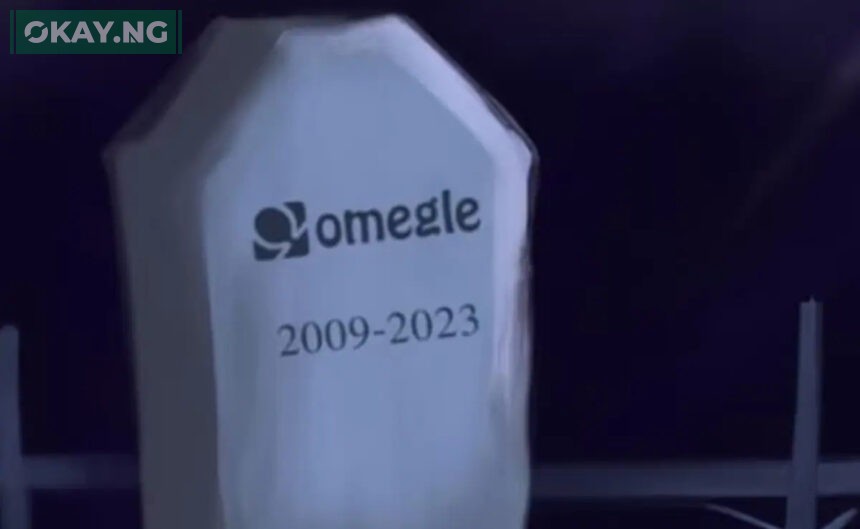After 14 years of connecting strangers across the world, Omegle, the popular social media video chat platform, has been shut down.
The announcement came from Omegle’s Chief Executive Officer, Leif K-Brooks, who expressed that the “battle” to keep the service afloat has been lost.
Launched in 2009, Omegle gained immense popularity during the COVID-19 pandemic when people sought connections in a socially distanced world.
Over the years, the platform facilitated conversations between individuals from diverse cultures and helped people tackle loneliness and isolation. Omegle even played a role in heartwarming stories, with some users finding soulmates and getting married.
However, K-Brooks also acknowledged the dark side of the platform. Some users misused Omegle for nefarious purposes, including committing heinous crimes.
The platform worked with law enforcement agencies and organizations such as the National Center for Missing and Exploited Children to assist in tracking and apprehending wrongdoers.
In a statement that featured an image of a gravestone with “Omegle” inscribed on it, K-Brooks emphasized that every communication tool can be used for both good and evil, owing to its flexibility.
“Unfortunately, there are also lowlights. Virtually every tool can be used for good or for evil, and that is especially true of communication tools, due to their innate flexibility. The telephone can be used to wish your grandmother ‘happy birthday,’ but it can also be used to call in a bomb threat. There can be no honest accounting of Omegle without acknowledging that some people misused it, including to commit unspeakably heinous crimes.”
K-Brooks noted that despite their best efforts, continuing to operate Omegle was no longer sustainable, both financially and psychologically.
He mentioned the ongoing stress and expense of running the platform and fighting its misuse. K-Brooks stated, “Frankly, I don’t want to have a heart attack in my 30s.”
While Omegle had faced scrutiny and criticism throughout its existence, it experienced a surge in users during the COVID-19 pandemic.
Video chats conducted on the platform became viral content on other social media platforms. However, this increased popularity also attracted criticism, with many accusing Omegle of becoming a breeding ground for sexual predators.
In July 2022, the platform faced a lawsuit when a user claimed that Omegle had paired her with a pedophile when she was 11 years old.
The plaintiff alleged that the predator continued to exploit her for three years, demanding explicit images and issuing threats.
The court ruled in favor of the plaintiff, stating that Omegle could not rely on Section 230 of the United States’ Communications Decency Act, a law designed to protect companies from being held responsible for third-party content on their platforms.









